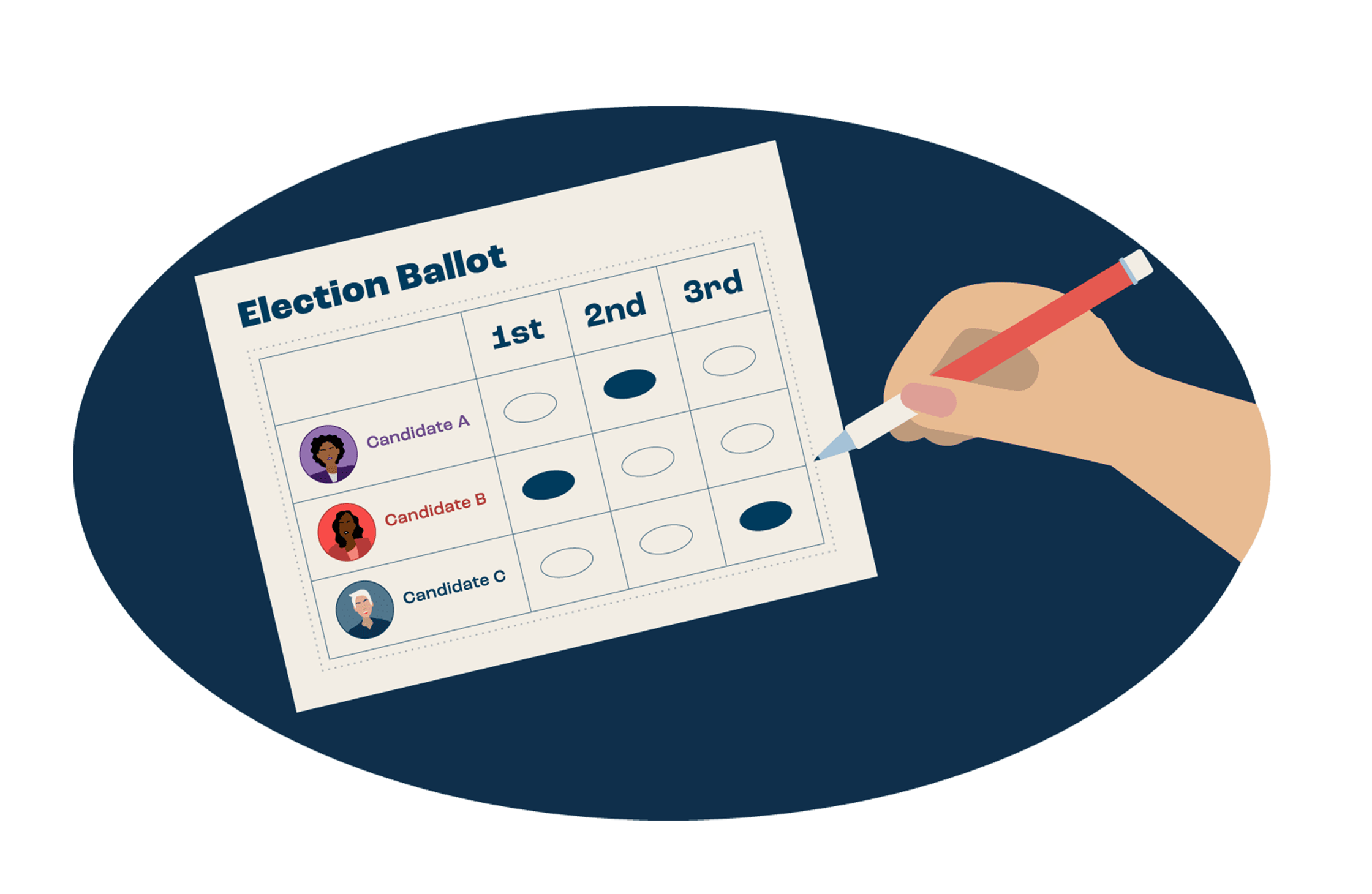Chad Fox
The presidential election is heating up with the predictable drama presenting itself as we are, for the third presidential cycle in a row, in the “most consequential election” of our lifetimes. While this is arguably true, one is left to wonder if there is a better way? For my entire life, I have lived in America, where as a kid, I was taught that this is the land of the free and that anyone could do anything they put their mind to in our democracy. Sadly, while well intended by our folks, this falls short of the truth. Why?
The truth is that we do not have a pure democracy. This is simply factual; we have (by design) a constitutional republic (or a representative democracy) that holds elections. Make no mistake — your vote does matter, especially at the local level. That said, it is easy to become frustrated when there is never a candidate that you feel comfortable voting for, especially when you are in a situation like that cycle after cycle. That is why I am a strong advocate for changing our election system to the alternative vote, more commonly known as Ranked Choice Voting (RCV). This is not a simple conversation, nor is it one that can be summed up in one article. To this end, I plan to write a series of articles that covers these topics.
Before we talk about RCV in detail, it is important to understand the system we currently use and why it isn’t working for us anymore. Our system is called First-Preference Plurality (FPP). FPP is a simple system where every citizen gets one vote and they get to cast it for a candidate of their choice. This system is one we are familiar with, as it is the system used in Washington State as well as the majority of the United States. The problems with this system are as follows: trends towards power consolidation into two parties which limits choice, high susceptibility to gerrymandering, and (most notably) the spoiler effect.
The first of these problems is one that manifests the most pain for people day-to-day. When a government is new, FPP doesn’t seem so bad. Initially, there are several party options and worldviews that compete for electoral wins. But eventually, because each citizen has one vote that cannot be transferred if they back a candidate that is not popular, strategic voting becomes essential. As candidates with a variety of worldviews back out, choices become more limited until you are left with two ‘big tent’ parties that seek to align themselves with any voter that is similar to them. This first occurred in President Washington’s second term. This two-party rivalry later became adopted as the vehicle for the common person to interface with the political process and system. This is also the system we live in today, and power consolidation is a key component of the spoiler effect.
A common refrain is, “Well, if you don’t like your options, vote third party.” I understand this thinking. After all, we have had many different parties to choose from over the history of our nation. But I invite you to investigate how many were major parties at any given time (spoiler: never more than two). The truth is, FPP ultimately causes parties that are similar to each other to split voters that would otherwise unite with one party. This means that you can love and even campaign for a third-party candidate, but it may not be strategic to vote for them in a Presidential election.
Strategic voting is important in FPP. For example, in the current election, someone dissatisfied with the Democrats’ handling of world events might be inclined to vote for a third-party candidate. But when they consider who their neighbors are going to vote for, it may stop them in their tracks. These voters are left with a painful choice. If they vote for the third-party option as a protest vote, then they could be taking votes away from the Democratic Party candidate. This is the main idea of the spoiler effect: By voting your conscience, you could be inadvertently helping the person you agree with the least to win the election. The fear is that a strong third-party candidate can hurt the major party it shares the most common ground with.
So, the question is: How do we address this? There are several systems that do better, but the one that is most compatible with our current system is Ranked Choice Voting (RCV). While it is not a perfect system and shares some of the same problems, such as gerrymandering and trending towards two parties, a study published in 2023 by McCune and Wilson found that “ranked-choice voting is superior to plurality with respect to the spoiler effect.” RCV could increase our access to choices outside of the two-party system. Even better, it could be done state-by-state.
In the 2022 election, 62 jurisdictions used RCV as their main system. While most of them were cities such as San Francisco or New York, there are also two states currently employing this system, Maine and Alaska. If, indeed, RCV essentially increases choice and helps our republic have a more effective democracy without requiring sweeping, nationwide reform, how does RCV work, exactly? That subject will be discussed in detail next time.
Sources:
“Republic vs. Democracy: What Is the Difference?”: https://www.thoughtco.com/republic-vs-democracy-4169936
Wikipedia. “Political parties in the United States”: https://en.wikipedia.org/wiki/Political_parties_in_the_United_States
“It’s Not Just About the White House: Down-ballot Voting is Important Too”: https://www.usvotefoundation.org/downballot
McCune & Wilson. Public Choice: “Ranked-choice voting and the spoiler effect.” Abstract: https://link.springer.com/article/10.1007/s11127-023-01050-3
Bryan Verhei graduated with a degree in Political Science from Eastern Washington University and is currently a small business owner in real estate.

